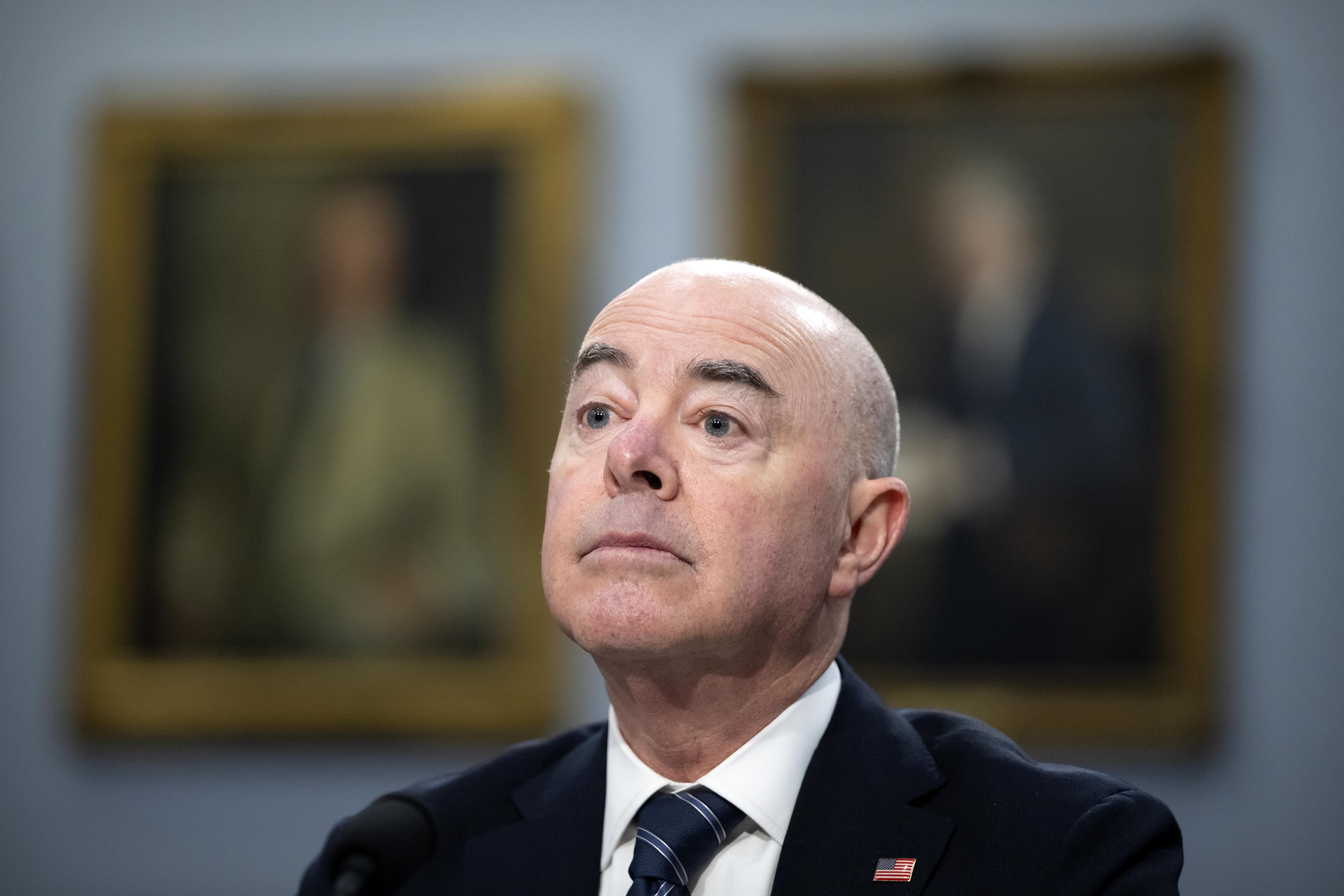A federal jury convicted six alleged leaders of the Hobos street gang of a racketeering conspiracy in the biggest gang trial in recent Chicago history.
The verdicts followed a three-month trial of accused Hobos boss Gregory "Bowlegs" Chester, hitman Paris Poe and four others on charges of a racketeering conspiracy that included nine murders.
It comes at the end of a particularly bloody year in Chicago, where police blame gang rivalries for a majority of the 762 homicides - the highest number in two decades.
Deliberating jurors sent a note to the presiding federal judge last week saying they were deadlocked on at least one count after four full days of deliberations.
The primary charge in the 10-count indictment is the racketeering conspiracy charge that applies to all six alleges Hobos leaders. Nine other stand-alone counts include drug and gun charges.
At the biggest gang trial in recent Chicago history, prosecutors told jurors the Hobos cultivated a reputation for brutality, once torturing someone with a clothing iron. Some witnesses were visibly nervous testifying and one refused outright to testify "for the sake of me and my family."
"The Hobos street gang were as bad as it gets," said US Attorney Zach Fardon. "These men were ruthless in their pursuit of crime and violence. They sought to join forces to enrich themselves and empower themselves through fear and violence."
U.S. & World
The afternoon note last week did not say which count the 12 panelists were stuck on, but it makes clear there is disagreement. And it at least raises the prospect that there could be a hung jury after three months of often chilling testimony and sometimes complex legal arguments.
"There are some strong beliefs on both sides," the jury note says. Without fully explaining, it added that one juror "refuses to give a guilty verdict" and "at least one...refuses to give a not guilty verdict" on one count.
U.S. Judge John Tharp, who read the note in open court and outside the presence of jurors, told attorneys he needed to be careful about not appearing to pressure jurors. In the end, he sent a back to the jury room that read simply: "I have received your note. Please continue deliberating."
Jurors took Friday through Monday off, returning to deliberate only on Tuesday after the long New Year's holiday weekend.
If jurors had remained deadlocked, the judge said he could give them a special instruction, known as the Silvern Charge, that uses firmer language about a juror's duty to do their best to reach a decision. But Tharp said he's "reluctant to bring out the canon at this stage."
Thursday's note was the clearest sign of jurors' struggles to reach unanimity. But there were some earlier hints of trouble. One juror, referred to only as Juror No. 49, sent a note to the judge at the end of the first day of deliberations, asking if he could be dismissed from the jury.
"For me to sit here for a week or more ... is a waste of my time," he told Tharp in court later. After the juror said he thought he could still fairly judge the evidence, Tharp told him he was keeping him on the jury.
The alleged crimes jurors must deliberate on include Poe allegedly killing government witness Keith Daniels in 2013 in front of his screaming step-children to stop him testifying, standing over him and shooting him at close range.
"The evidence of outright police corruption and dishonesty against Mr. Chester was undeniable and reasonable doubt apparent," Chester's attorney Beau Brindley said in a statement. "His conviction results, not from evidence of anything he actually did, but from prosecutors' use of the RICO statute to obtain convictions in the absence of proof and provide the public with a convenient scapegoat for the city's violence epidemic."



